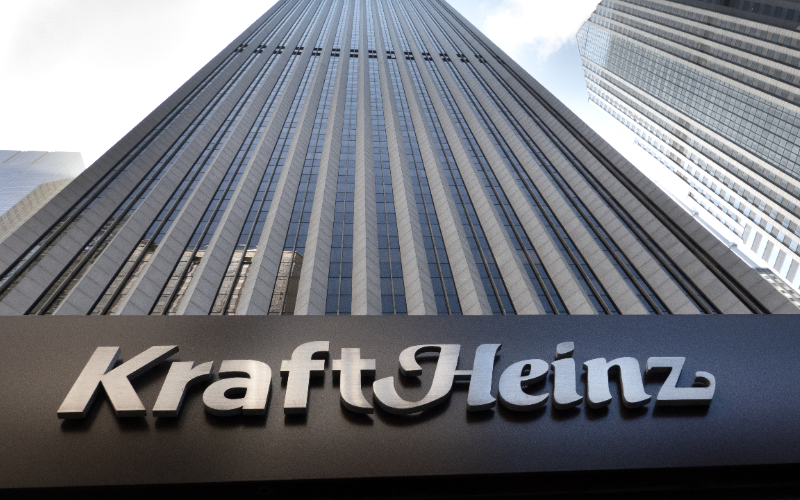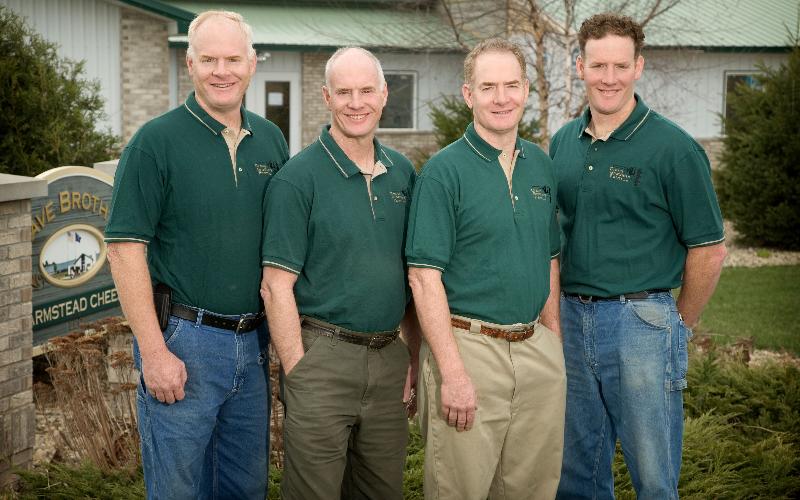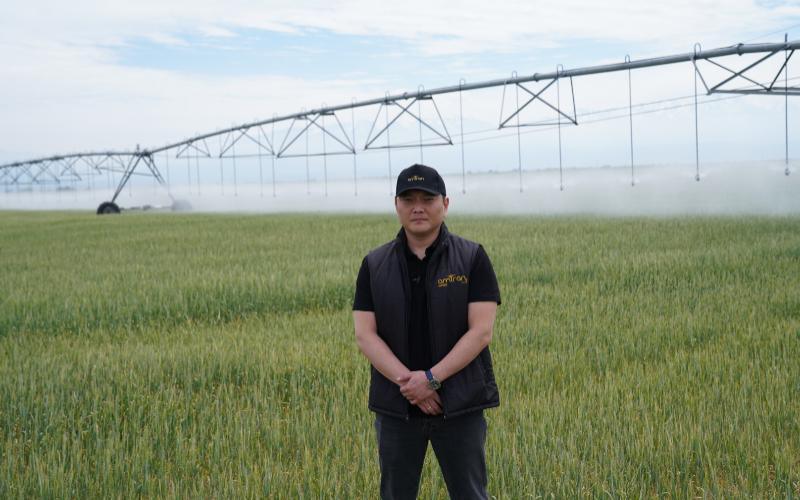The Pontifical Academy of Life sees no danger in synthetic food

“You shouldn’t shy away from or be afraid of the issue of so-called synthetic food. From time immemorial, man has used technology to extract and prepare food. Any invention in the field of food and its provision is welcomed if it does not harm health and leads to a more just society focused primarily on to help the poorest segments of the population and preserve the ecosystem in which we live,” said the agency’s interlocutor.
However, he does not see anything surprising in the discussion and debate about the impact of synthetic food production on the environment. “Such discussions always arise when new technologies pass the experimental stage. This topic needs to be closely monitored,” the hierarch believes.
When asked whether synthetic production would lead to the fact that there would no longer be a need for animal husbandry, that sheep, cows, and chickens would gradually disappear, which was contrary to God’s creation, the monsignor resolutely replied that this was not so. "Life is not a fixed and predetermined action (otherwise we would have to eat only vegetables, as written in Genesis 1:29). God entrusts his creation to man so that he can take responsible care of it, and gives him all the intelligence and passion "to live on this planet in a just and dignified manner. Technological development, including in the field of food production, is part of this responsibility given by the Almighty," said the President of the Pontifical Academy of Life.
He also sees no reason to say that these technologies could go further and lead to human cloning. “It is one thing to create, using a bioreactor, elements of the epidermis for transplantation operations, which is already practiced in the case of severe burns, or to produce meat for human consumption, which is also being experimented with due care, but another thing is to clone people,” said Vincenzo Paglia. There is also no objection to robots “replacing people in tedious and mechanical work,” he added.
He is convinced that all believers are called, as the Gospel teaches, to preserve and protect human life, “especially and above all in our technological age, both giving much hope and requiring great insight.”
Controversy over synthetic meat
The Italian government previously banned the production, sale and import of synthetic products. This has drawn criticism from progressives, as well as objections from scientists who argue that synthetic meat is safe, does not emit greenhouse gases like animal agriculture, and can also solve food security problems.
At the Conference of the Parties to the UN Framework Convention on Climate Change held in Dubai, Italian Prime Minister Giorgia Meloni, during a session on food security, spoke out against “synthetic laboratory food”, the health effects of which are not fully understood. In particular, she noted that such products cannot be a solution for starving countries in Africa. She emphasized that scientific research must be aimed at developing climate-resistant crops and agricultural technologies.













